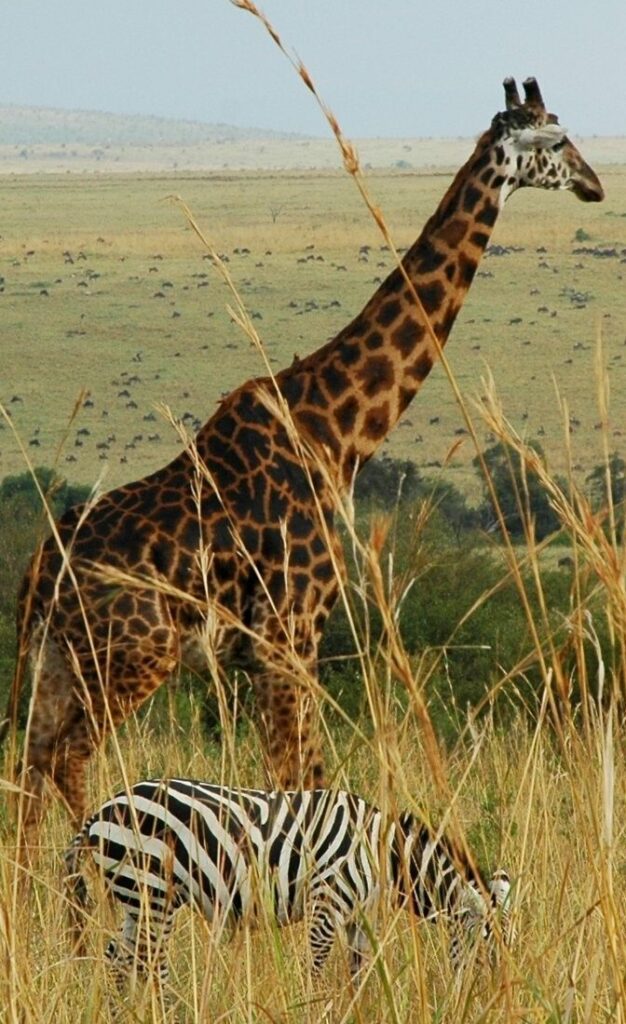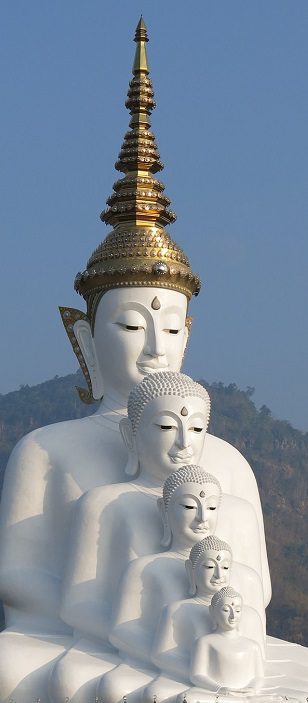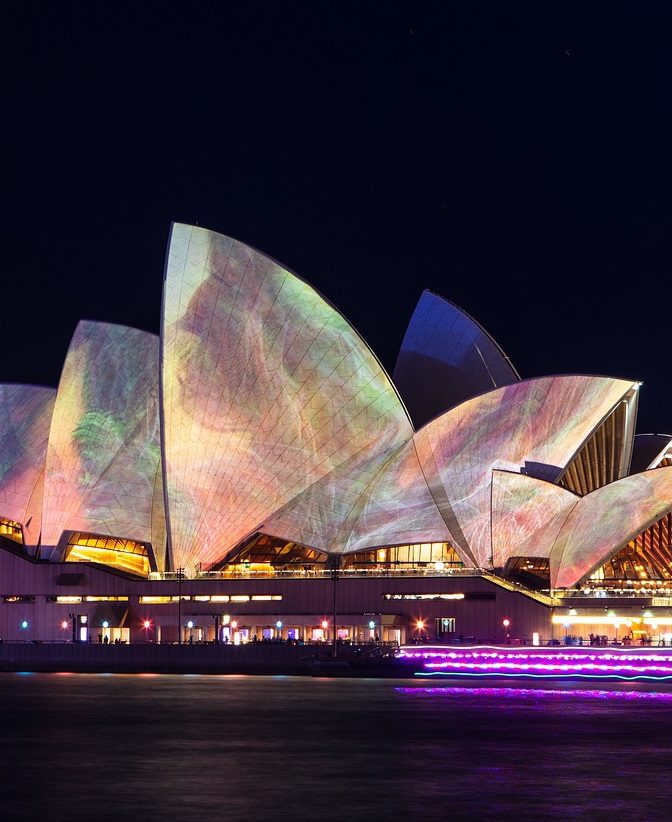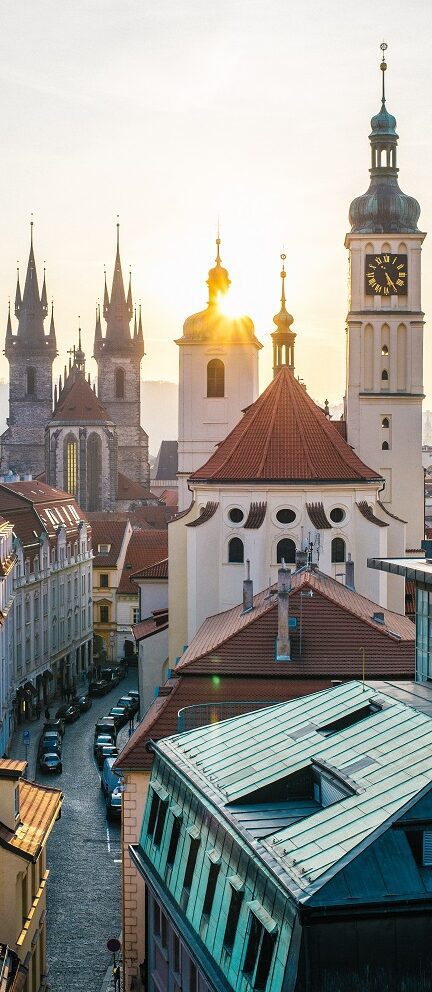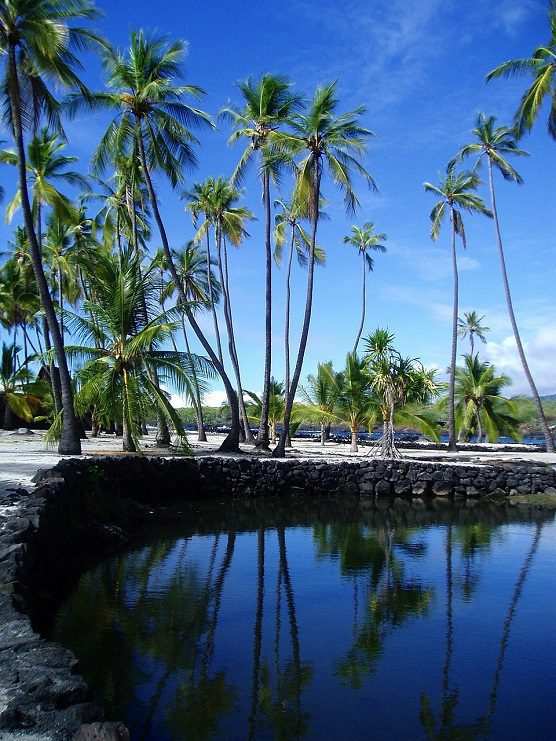Rech and Carstens ended up working on the project for five years. In fact, they were just finishing off the last of their extraordinary, handcrafted villas when I visited all those years ago. Set back in a forest and fronted by a long, wide stretch of white-coral sand, everything about those structures still feels thrillingly elemental: the shaggy thatch roofs, the enormous twisted trunks and branches of takamaka trees, the hand-peeled gum poles, weathered rosewood and sand-blasted pine. There are very few doors, and even they fold back to create open spaces at one with the environment.
Although North Island has since been sold to the Russian billionaire Mikhail Prokhorov – reportedly for about £28million – it is still managed by Bruce Simpson, who recently left Wilderness Safaris to work for Prokhorov, and by all accounts remains committed to keeping it true to its conservation-led roots. The lodge has been recently completely refurbished for the first time since it opened, and there are plans to build another two villas on the undeveloped west side of the island.

There is no doubt that the new interiors by designer Maira Koutsoudakis – who also developed the original look – have notched up the glamour quotient by introducing super-smart elements such as soft silk rugs and hand-beaten brass headboards; the sunken, polished-concrete baths I remember have been replaced with elegant, white ceramic versions and there are shiny new brass fixtures and fittings. But the whole place has weathered beautifully and now sits happily in its setting; the laid-back spirit is still very much the same as it ever was. In the past 13 years about a quarter of the island has been successfully rehabilitated. Like Fregate, North Island employs full-time environmentalists and landscapers, and takes on volunteers, to improve the luxurious forests. All their backbreaking work has paid dividends with the return of the Seychelles blue pigeons and shearwaters.
It is hoped that before long it will be possible to introduce the magpie-robin, the holy grail of the Seychelles’ endangered wildlife. North’s new executive chef, Jeremy Hunt, has recently been planting up the kitchen garden with leafy greens, dill, broccoli and heritage tomatoes. He also forages in the forests for ingredients – small wild mangos or the golden apples much loved by the island’s giant tortoises – and goes fishing for fresh tuna, snapper and grouper. ‘I can land 12 species in one trip,’ he says, clearly in awe of the plentitude of the surrounding seas, where he surfs in the evening after a day in the kitchen producing dishes such as creamy gorgonzola, rhubarb and walnut gnocchi.
Right from the start there has been a North Island policy of employing interesting people with a positive attitude rather than polished products of corporate institutions. Not that the staff don’t know what they are doing; quite the contrary, they have worked at some of the world’s top hotels and lodges. But there is also a real sense that everyone is here to enjoy the experience. One of the young bartenders, a former child actor from Canada, likes to play the saxophone in the forest; his Balinese neighbours in the staff village strum the guitar and sing ballads from their homeland. ‘It’s a pretty cool place to be,’ he says. Which just about sums it up perfectly.
